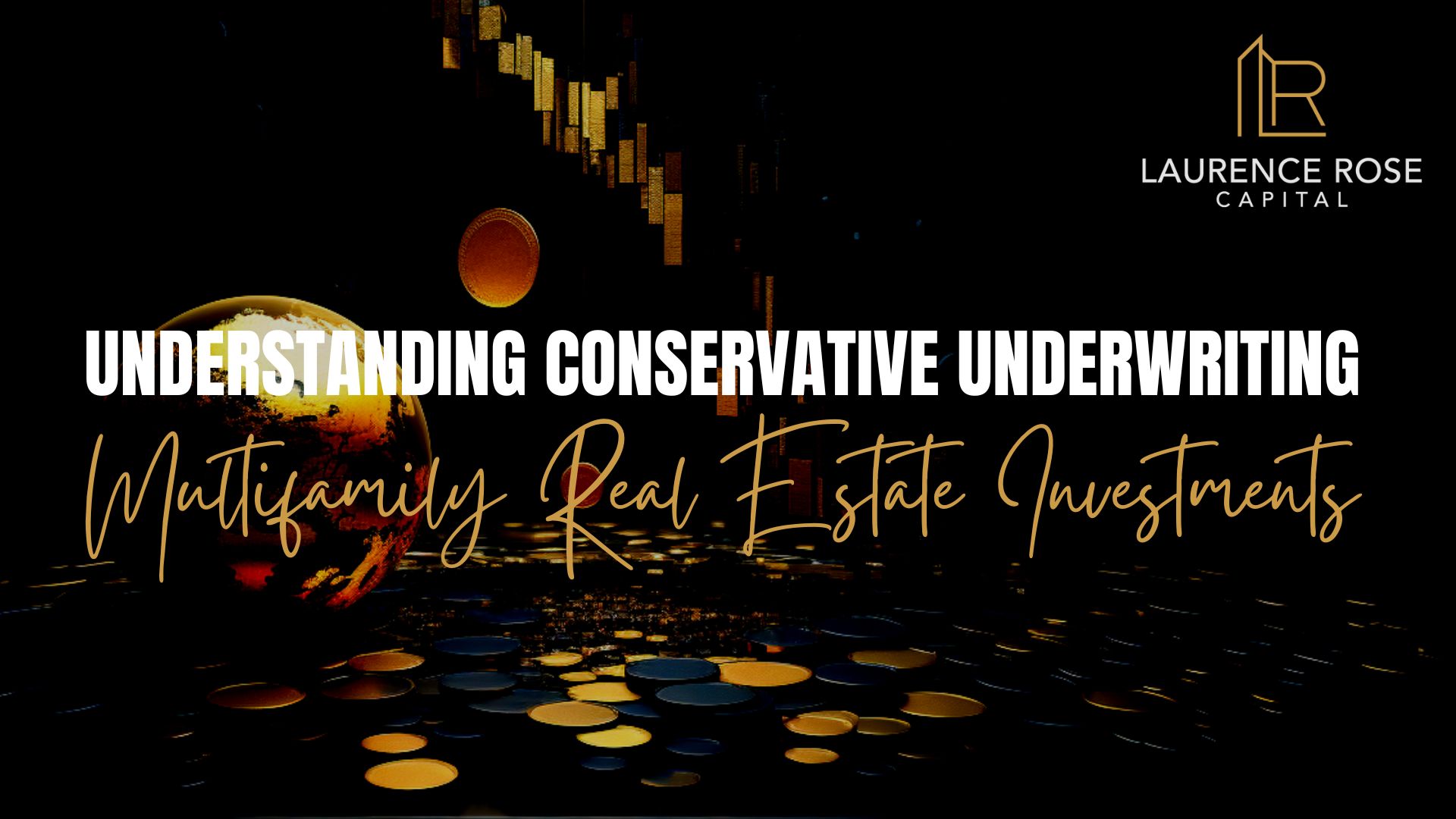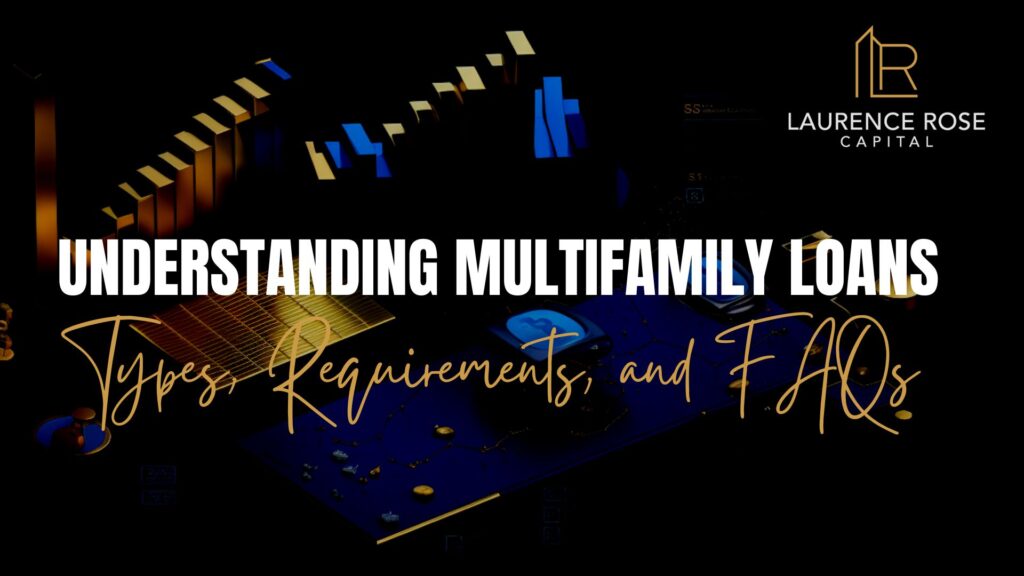When considering multifamily real estate investments, adopting a cautious and prudent approach known as conservative underwriting is vital. This method involves thoroughly assessing the financial aspects of a potential investment property, taking into account various risk factors and uncertainties.
Conservative underwriting principles entail:
1. Realistic Rent Projections: Rather than overly optimistic estimates, conservative underwriting relies on current market conditions, historical data, and property location to determine achievable rental income projections.
2. Accounting for Vacancies: A realistic vacancy rate is factored in, even for properties with stable rental histories, to account for potential periods of vacancies and reduce the risk of unexpected cash flow shortages.
3. Contingency for Unexpected Expenses: Conservative underwriting includes allocating funds for unforeseen expenses such as maintenance, repairs, or capital expenditures. This reserve acts as a safety net against financial strains caused by unexpected issues.
4. Sensible Expense Estimates: Expenses related to property management, utilities, insurance, and property taxes are estimated realistically based on market norms and historical data, ensuring a more accurate portrayal of the property’s cash flow potential.
5. Stress Testing: Stress tests are conducted to evaluate the property’s financial resilience under adverse scenarios like economic downturns, rising interest rates, or higher vacancies.
6. Loan-to-Value (LTV) Ratio: Lenders may apply conservative LTV ratios, limiting the amount of financing in relation to the property’s appraised value. This reduces risk for both borrowers and lenders.
The objective of conservative underwriting is to avoid overestimating potential returns and to provide a more realistic assessment of the investment’s risks and rewards. By taking a cautious approach to financial projections, investors can make better-informed decisions, set realistic expectations, and be better prepared to handle potential challenges during the investment period. Ultimately, conservative underwriting is a prudent practice that contributes to more sustainable and secure multifamily real estate investments.






![How Does Creative Financing Work In Multifamily Real Estate [Explained]](https://laurencerosecapital.com/wp-content/uploads/2023/10/JG-BMP-Ira-LRC-JB-Blog-Covers-750-×-422px-1920-×-1005px-1024x576.jpg)
